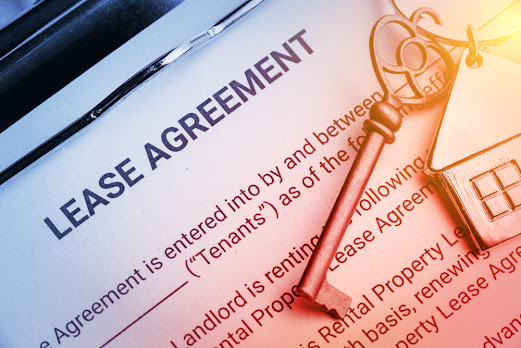Blockchain and Real Estate: A Match Made in Heaven?
Introduction: Blockchain - An Exordium to a New Era
A technological revolution quietly ensues, propelled by the immutable, decentralized, and transparent nature of blockchain technology. The burgeoning tech is swiftly infiltrating myriad industries, unearthing profound possibilities in every sector. No industry remains impervious to its reach, including the real estate realm. The tech-forward revolution stirs the question: Is Blockchain and Real Estate a match made in heaven?
The Quintessence of Blockchain
Unveiling the enigmatic nature of blockchain, it stands as a distributed ledger technology, maintaining an inviolable record of all transactions across a peer-to-peer network. Its essence lies in transparency, security, and decentralization, ensuring the immutability of stored data. Blockchain’s disruptive potential rests in the ability to ameliorate inefficient legacy systems, instill transparency, mitigate fraud, and expedite transactions.
Real Estate: An Industry Poised for Disruption
Real estate, a cornerstone of global economy, is laden with complexities and convolutions. Inefficiencies manifest in protracted transaction times, lack of transparency, and high costs associated with intermediaries. Consequently, the sector is ripe for blockchain-induced disruption, which may alleviate these age-old dilemmas, thus fostering seamless, efficient, and secure property transactions.
The Fusion: How Blockchain Transforms Real Estate
Decentralization and Elimination of Intermediaries
In the traditional real estate paradigm, intermediaries - brokers, lawyers, and banks, to name a few - stand as facilitators, often complicating the process and escalating costs. Blockchain, with its peer-to-peer transaction capability, obviates the necessity of these intermediaries, promoting direct interactions between parties. This transformation engenders significant cost reductions and accelerates transactions.
Increased Transparency
Opaque transactions and fraudulent activities often mar the real estate sector. The immutable nature of blockchain combats these challenges, enhancing transparency through a secure and publicly verifiable ledger. Property ownership and transaction histories become unequivocally traceable, creating a profound deterrent for fraudulent activities.
Tokenization of Assets
An innovative offshoot of blockchain technology in real estate is asset tokenization. Here, a physical asset - in this case, real estate - is divided into digital tokens on a blockchain, representing ownership shares. Tokenization democratizes real estate investing, allowing individuals to acquire fractional ownership of properties, thereby enhancing liquidity and broadening the investor base.
Potential Challenges: The Roadblocks to Blockchain Adoption in Real Estate
While blockchain harbors immense potential, it isn’t without challenges. Technological complexity, regulatory ambiguities, and resistance to change remain significant roadblocks. Moreover, the lack of standardized protocols for real estate transactions on blockchain complicates its widescale adoption.
Blockchain and Real Estate: A Symbiosis in Progress
In conclusion, the intersection of blockchain and real estate heralds a transformative era for the industry. By enhancing transparency, expediting transactions, and democratizing access, blockchain seems poised to alleviate many issues plaguing the real estate sector. While significant challenges remain, the symbiosis between blockchain and real estate is irrefutably in progress, heralding a promising vista for the future. Is it a match made in heaven? The dawning reality suggests an affirmative prognosis.
Frequently Asked Questions
1. What is blockchain technology?
Blockchain is a distributed ledger technology, maintaining an inviolable record of all transactions across a peer-to-peer network. It is characterized by its transparency, security, and decentralization, which ensures the immutability of stored data.
2. How can blockchain technology transform the real estate industry?
Blockchain can greatly enhance the real estate sector by eliminating the need for intermediaries, increasing transparency, and facilitating the tokenization of assets. This means cost reductions, faster transactions, decreased likelihood of fraud, and the ability for individuals to invest in real estate through fractional ownership.
3. What is tokenization in real estate?
Tokenization in real estate involves dividing a physical asset into digital tokens on a blockchain, which represent shares of ownership. This allows for individuals to acquire fractional ownership of properties, enhancing liquidity and broadening the investor base.
4. What challenges does blockchain face in the real estate sector?
Although blockchain carries immense potential, there are challenges to its adoption in the real estate industry. These include the technological complexity of blockchain, regulatory uncertainties, resistance to change, and the lack of standardized protocols for real estate transactions on the blockchain.



Comments
Post a Comment